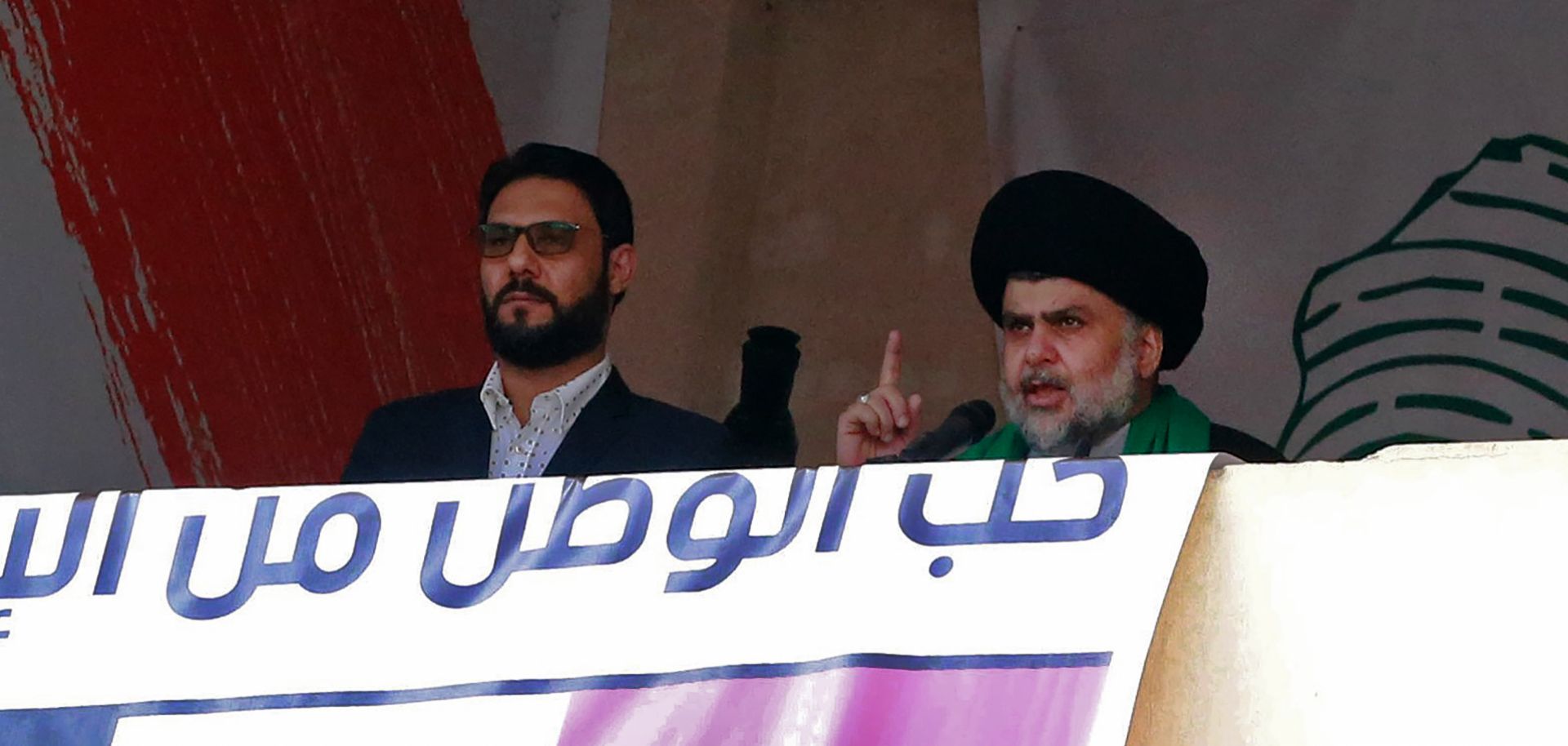In Iraq, domestic politics are an international affair. The multiplicity of interest groups represented in the country's central government -- meant to ensure inclusion in Baghdad in the wake of Saddam Hussein's repressive administration -- complicates coalition building, leaving room for nearby states to insert their own competing agendas. Regional powers such as Turkey, Iran and the countries of the Gulf Cooperation Council lend financial and political support to many Iraqi parties, and, where applicable, to their affiliated militias.
But as provincial and parliamentary elections, tentatively scheduled for 2018, approach in Iraq, their help may not be as welcome as it once was. Now that Iraqi forces have reclaimed Mosul from the Islamic State, the government in Baghdad has a unique opportunity to move the country forward free of the security woes that previously hamstrung it. As part of that effort, many politicians are championing nationalism, condemning corruption and rejecting external...

